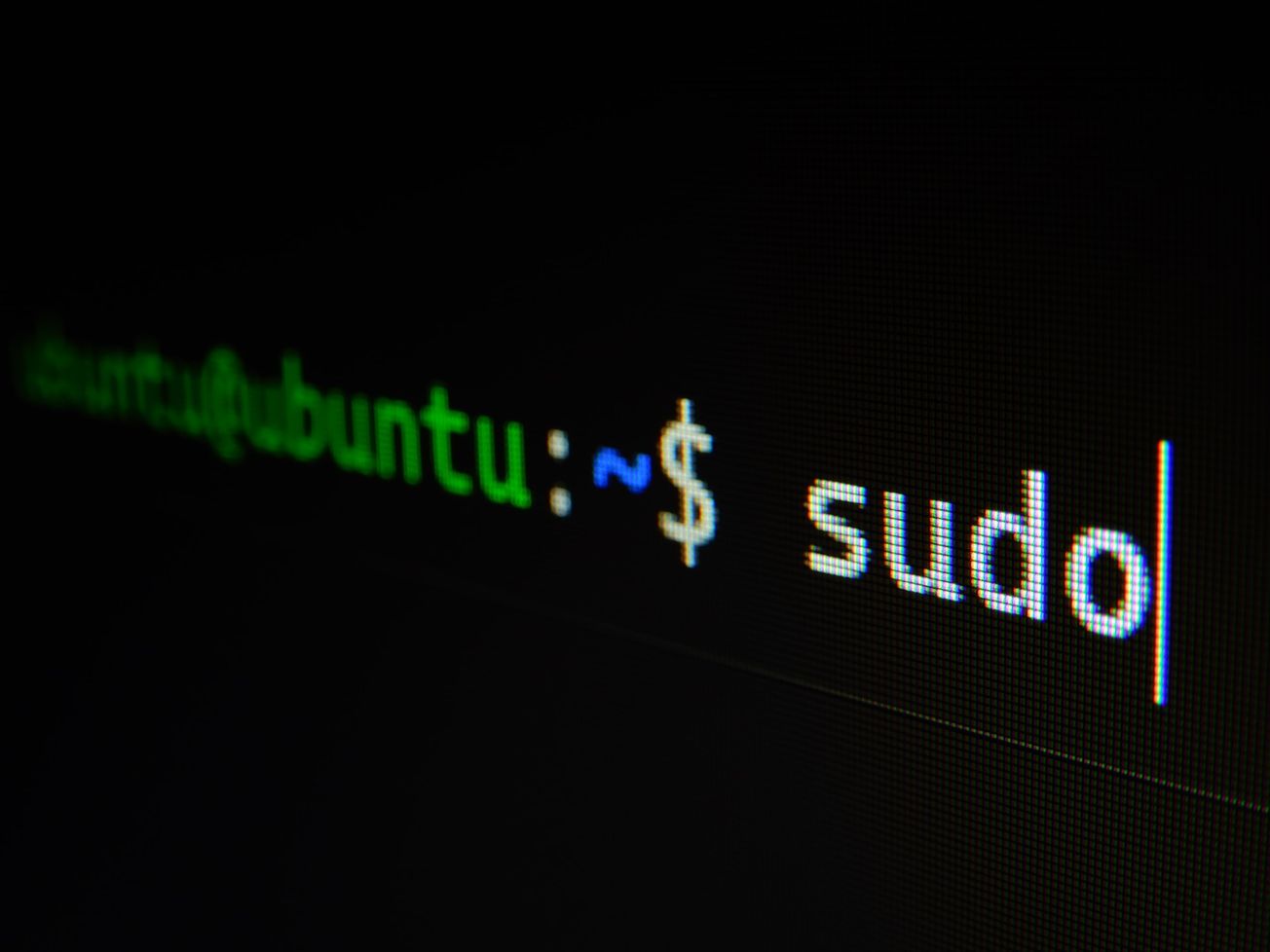Ubuntu users still running 2014's 14.04 (Trusty Tahr) release have won a two-year reprieve as Canonical extends end-of-life (EOL) to April 2024, from April 2022. Ubuntu 16.04 (Xenial Xerus) will also now be supported for a full 10 years in total, with mainstream supported extended from to April 2026.
The move gives enterprise users another 24 months of extended security maintenance (ESM) and, for those choosing it, kernel livepatching. While organisations have been putting significant effort and budget to phase out legacy systems, these efforts have significantly increased the IT budgets over the past three years, Ubuntu maintainer Canonical noted in a release.
See also: Linux Foundation urges “more cooperation” from US gov’t on 0days
The move will let users better balance their IT budget in order to implement or plan their infrastructure upgrade, the company added.
Describing the Ubuntu EOL extension as "a new page in our commitment to enabling enterprise environments,” Canonical's Nikos Mavrogiannopoulos said the extensions were "bringing an operating system lifecycle that lets organisations manage their infrastructure on their terms.”
Several major software providers extended maintenance/EOL on the back of the pandemic triggering major rethinks of where budget was allocated. VMware was among them, opting in March 2021 to give vSphere 6.5 and vCenter 6.5 users a further 11 months’ reprieve before ending support — which was due to end in November 2021 . The move followed June 2020’s decision to also extend support for vSphere 6.7 through to October 15, 2022.
VMware cited “challenges for some of our customers with regards to IT operations and strategic planning” resulting from a wholesale shift to remote working for the decision at the time. Canonical meanwhile today suggested the extension was "a significant opportunity for the organisations currently implementing their transition to new applications and technologies."







